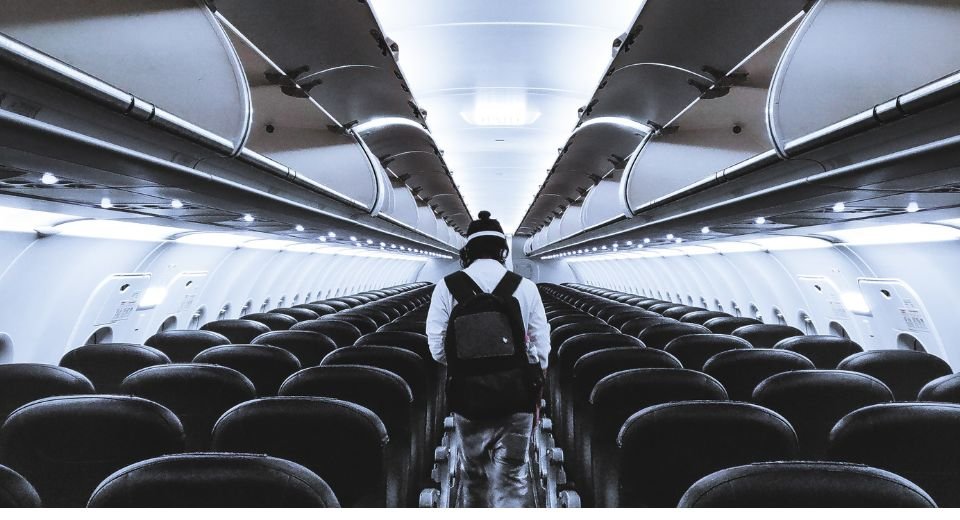HQ Team
February 2, 2023: Malaysian oil and gas major PETRONAS and the Sarawak Economic Development Corporation (SEDC) have inked a pact to develop technology for microalgae oil production for sustainable aviation fuel (SAF).
The agreement will see PETRONAS Research Sdn Bhd (PRSB) and SEDC Energy develop algae production technology that includes cultivation, harvesting and extraction of crude algae oil, which will later be refined to produce SAF, per a 26 January press statement.
Both parties will also deep dive into the commercial production requirements for crude algae oil, including developing algae strains with high oil content at a competitive production cost, it added.
PETRONAS’ senior vice president of project delivery and technology Datuk Bacho Pilong said: “We believe crude algae oil has the potential to support PETRONAS’ Net Zero Carbon Emissions by 2050 aspiration, and we welcome collaborations with like-minded partners like SEDC who share our vision…”
State-run Petroliam Nasional Berhad (PETRONAS) is the custodian of Malaysia’s petroleum assets. The group targets the exploration, development, and production of crude oil and natural gas, serving customers around the world.
Energy Transition
The growing body of science-based evidence on climate change delivered by the Intergovernmental Panel on Climate Change (IPCC) states that to avert a climate disaster, immediate greenhouse gas (GHG) emissions reduction is required, according to a PETRONAS report.
The IPCC’s Sixth Assessment Report mentions that the world must reduce 43 percent of its total emissions by 2030 to mitigate the impacts of climate change, with consideration for the climate goals of the Paris Agreement.
The push for a transition of global energy systems towards a lower-carbon future is largely driven by mounting concerns about the effects of climate change, policies, and advancement of technologies such as digitalisation, energy efficiencies and alternative lower-carbon solutions, said the PETRONAS Activity Outlook 2023-2025.
Besides GHG emissions reduction targets, ambitions have been set for renewables and clean energy, such as increasing renewable energy capacity to 30 – 40 Gigawatt, supplying up to 1.2 million tonnes per annum of clean hydrogen and becoming the preferred green mobility partner by capturing a 10 percent market share (circa 25,000 charging points) across key markets in the Asia Pacific, all to be achieved by 2030, it added.
Polluted Airspace
In 2021 aviation accounted for over two percent of global energy-related CO2 emissions, having grown faster in recent decades than road, rail or shipping, per the International Energy Agency (IEA).
As countries emerged from harsh coronavirus-related lockdowns, aviation emissions in 2021 reached around 720 Mt, regaining nearly one-third of the drop from 2019 levels seen in 2020, IEA data showed.


